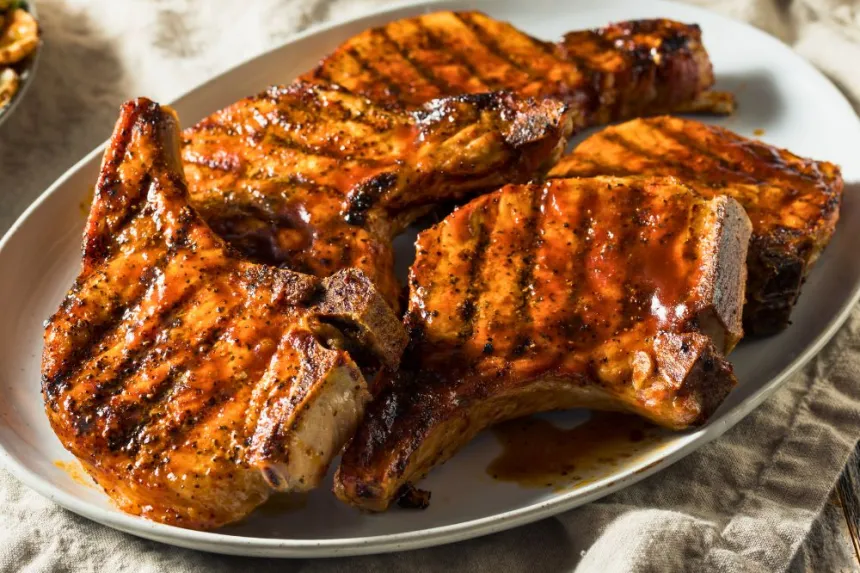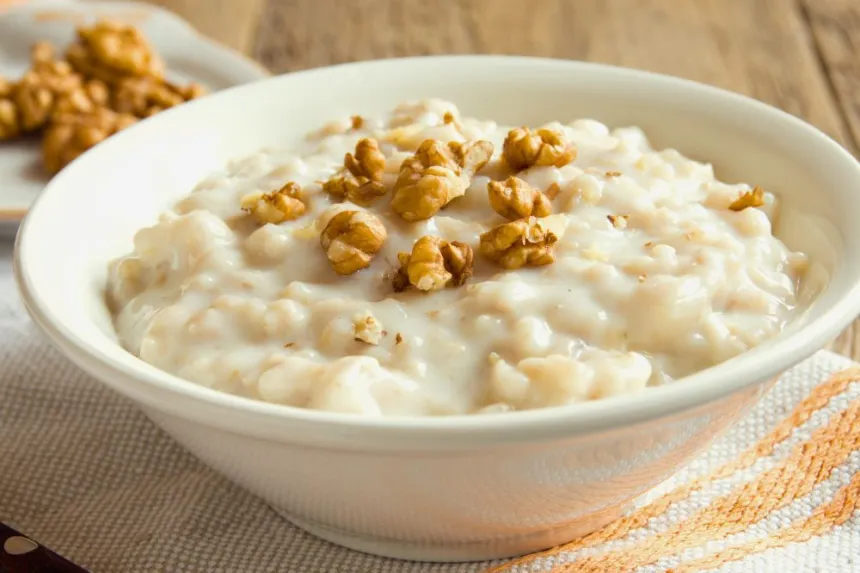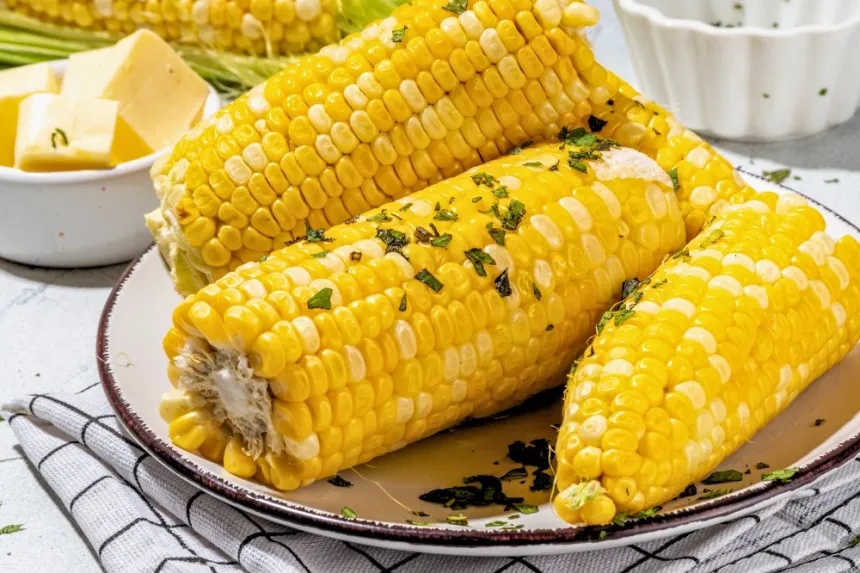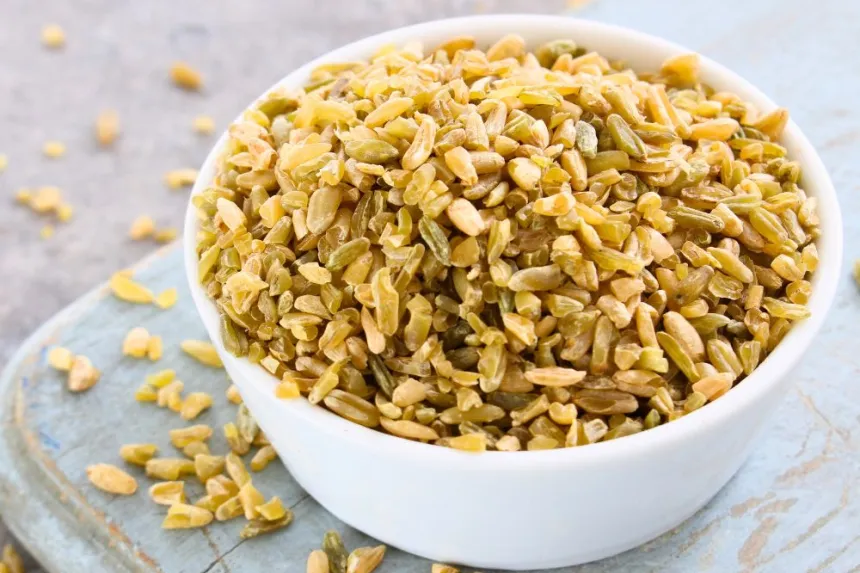How to use cassava flour in your recipes
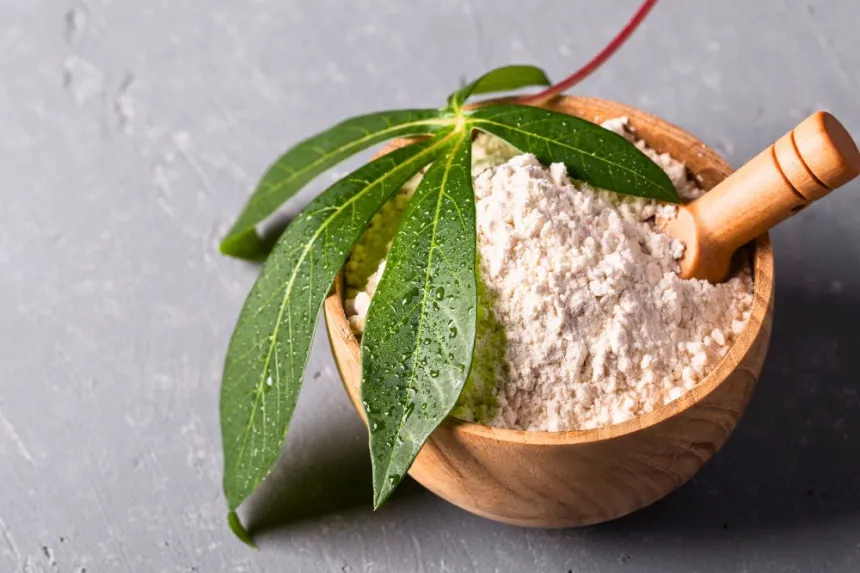
Cassava flour, also known as tapioca flour or manioc flour, has become a popular ingredient in modern cooking. This product, made from the root of the cassava plant, is versatile and gluten-free, making it an excellent alternative for those seeking gluten-free options. In this article, we will explain how to use cassava flour in your recipes in a simple and effective way.
What is cassava flour?
Cassava flour is obtained by drying and grinding the cassava root. This process gives it a fine consistency and a neutral flavor, making it ideal for a wide variety of dishes. Additionally, it is rich in carbohydrates and offers digestive benefits, making it an interesting ingredient to incorporate into your diet.
Benefits of cassava flour
Gluten-free
One of the main advantages of cassava flour is that it is gluten-free, making it suitable for people with celiac disease or gluten sensitivity. This also makes it a viable option for those following a paleo or ketogenic diet.
Versatility in cooking
Cassava flour has the ability to function both as a thickener and in the preparation of doughs. You can use it to make breads, pasta, and a variety of desserts. Thanks to its binding properties, it is ideal for making gluten-free tortillas and crepes.
How to use cassava flour
To thicken sauces and soups
Cassava flour can be used to effectively thicken sauces and soups. To do this, mix a small amount of flour with cold water until you have a smooth paste. Then, gradually add it to the hot sauce or soup, stirring constantly to avoid lumps. This method will give you a creamy texture.
In breads and doughs
To make gluten-free breads, cassava flour can be used alone or in combination with other gluten-free flours. A good starting point is to mix it with rice flour or almond flour. Use a 1:1 ratio to begin with, and adjust according to your preference. It is recommended to hydrate the mixture for a while so that the dough achieves the ideal consistency.
In desserts
Cassava flour is also suitable for dessert preparation. You can incorporate it into cake, cookie, and pie recipes. Be sure to combine it with other ingredients that allow for good rising, such as baking powder or baking soda. Experiment with different flavors and textures until you find the combination you like best.
Additional tips
- Storage: Cassava flour should be stored in a cool, dry place, preferably in an airtight container to avoid moisture.
- Proper portions: When adding cassava flour as a thickener, start with small amounts and increase gradually, as its binding capacity is quite high.
By incorporating cassava flour into your cooking, you can enjoy more versatile recipes suitable for a variety of diets. If you are looking for gluten-free alternatives or want to experiment with new flavors and textures, this ingredient is perfect for you.
I invite you to keep exploring recipes and cooking tips on my blog, where you will find more useful and delicious information. Don’t miss out!
